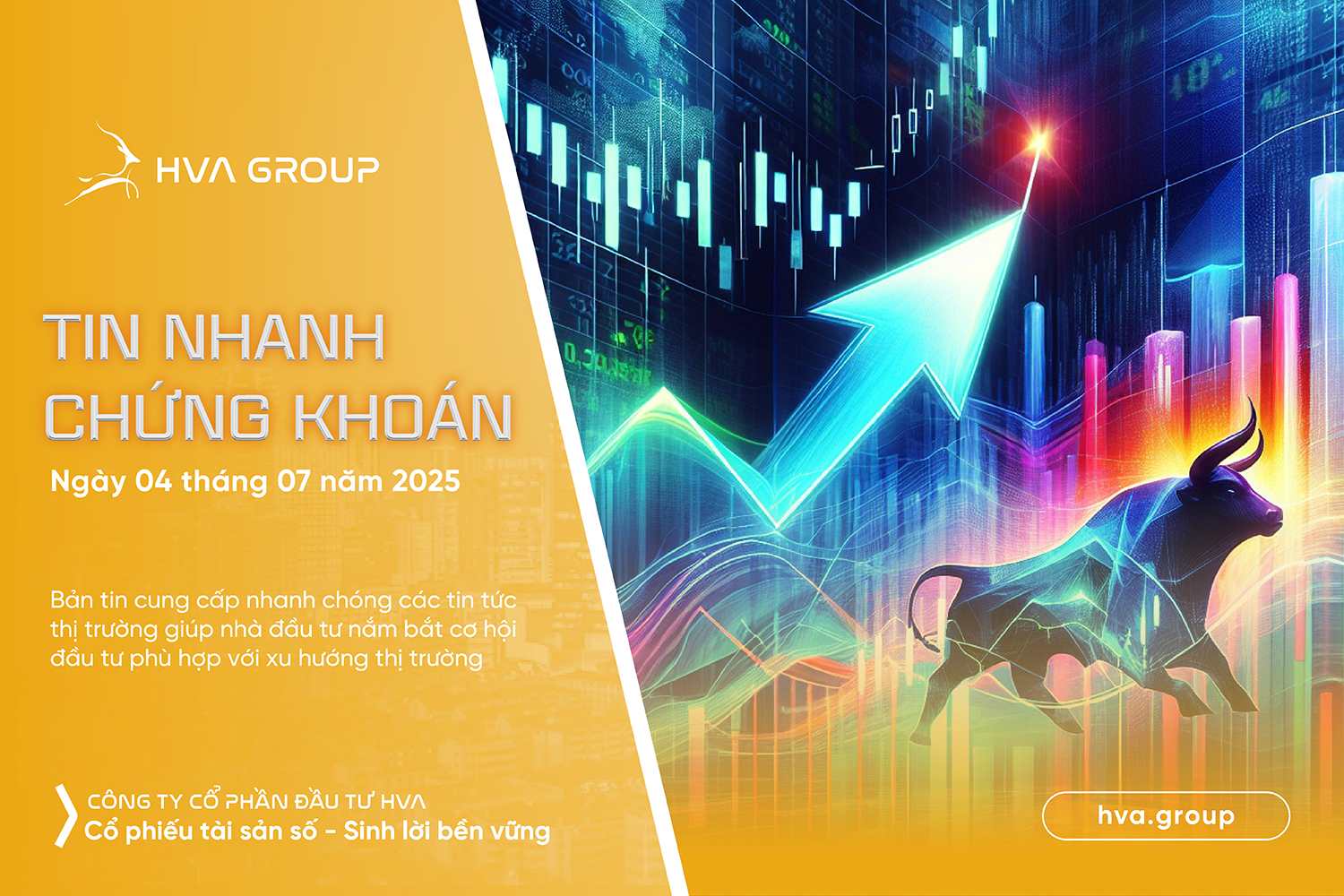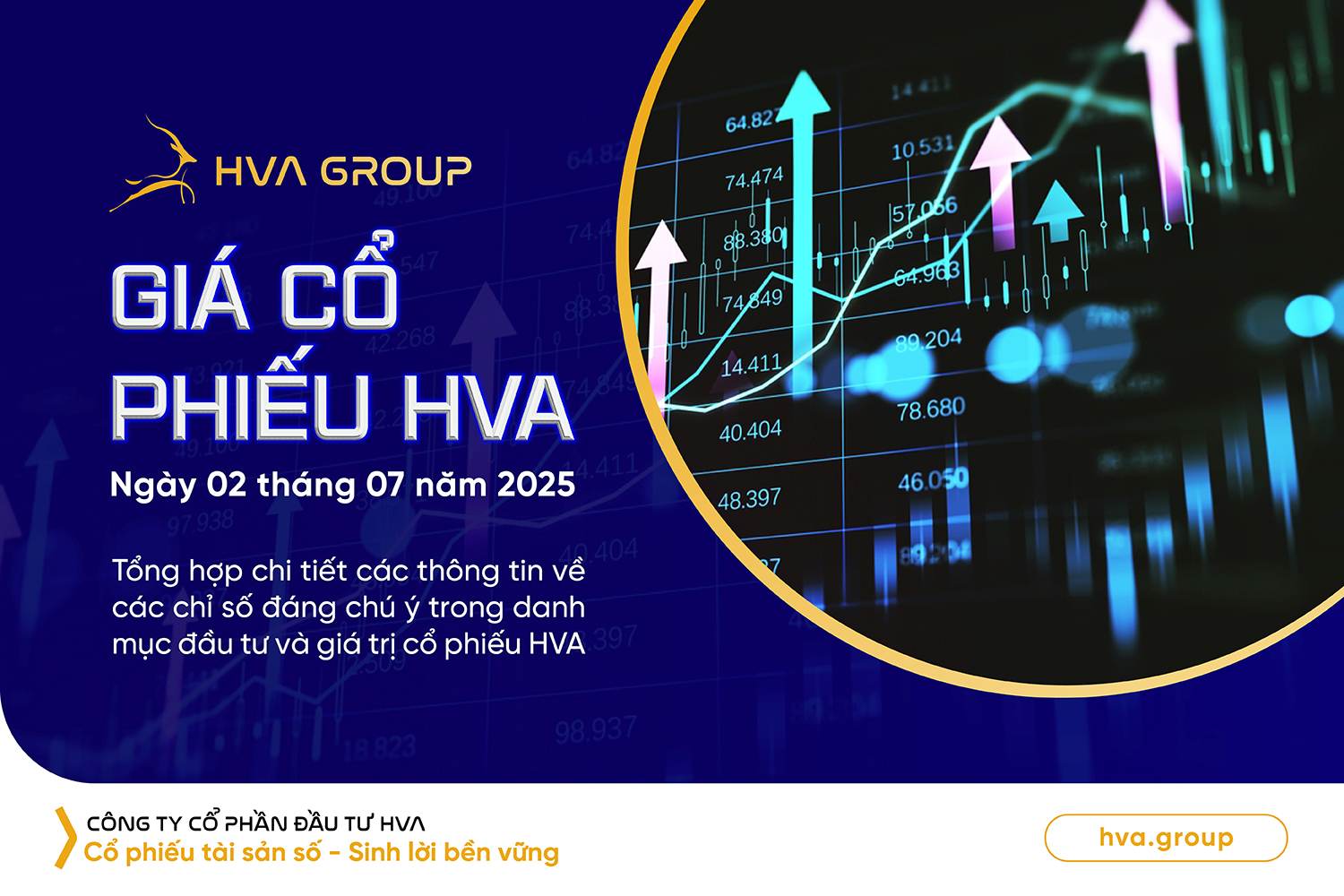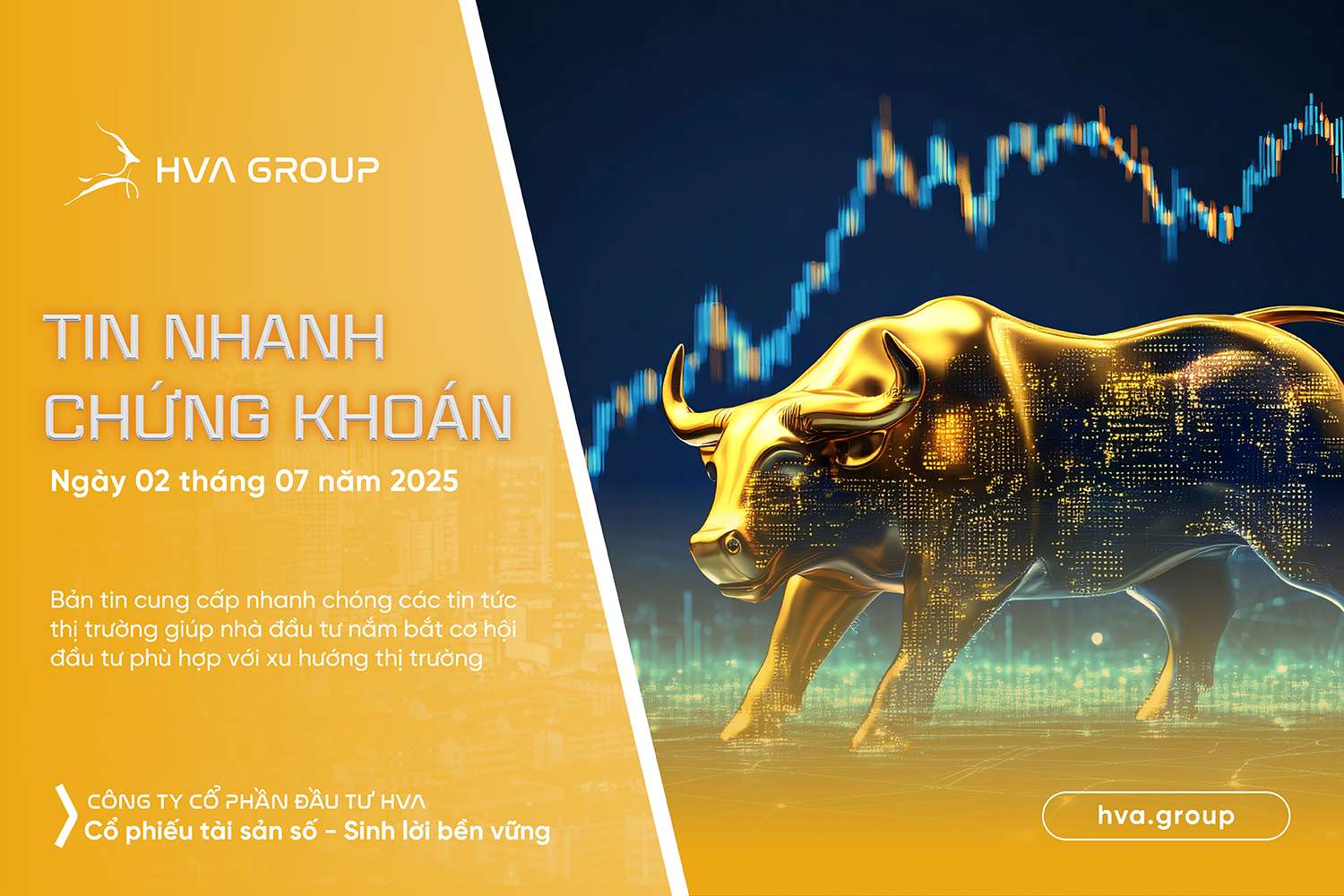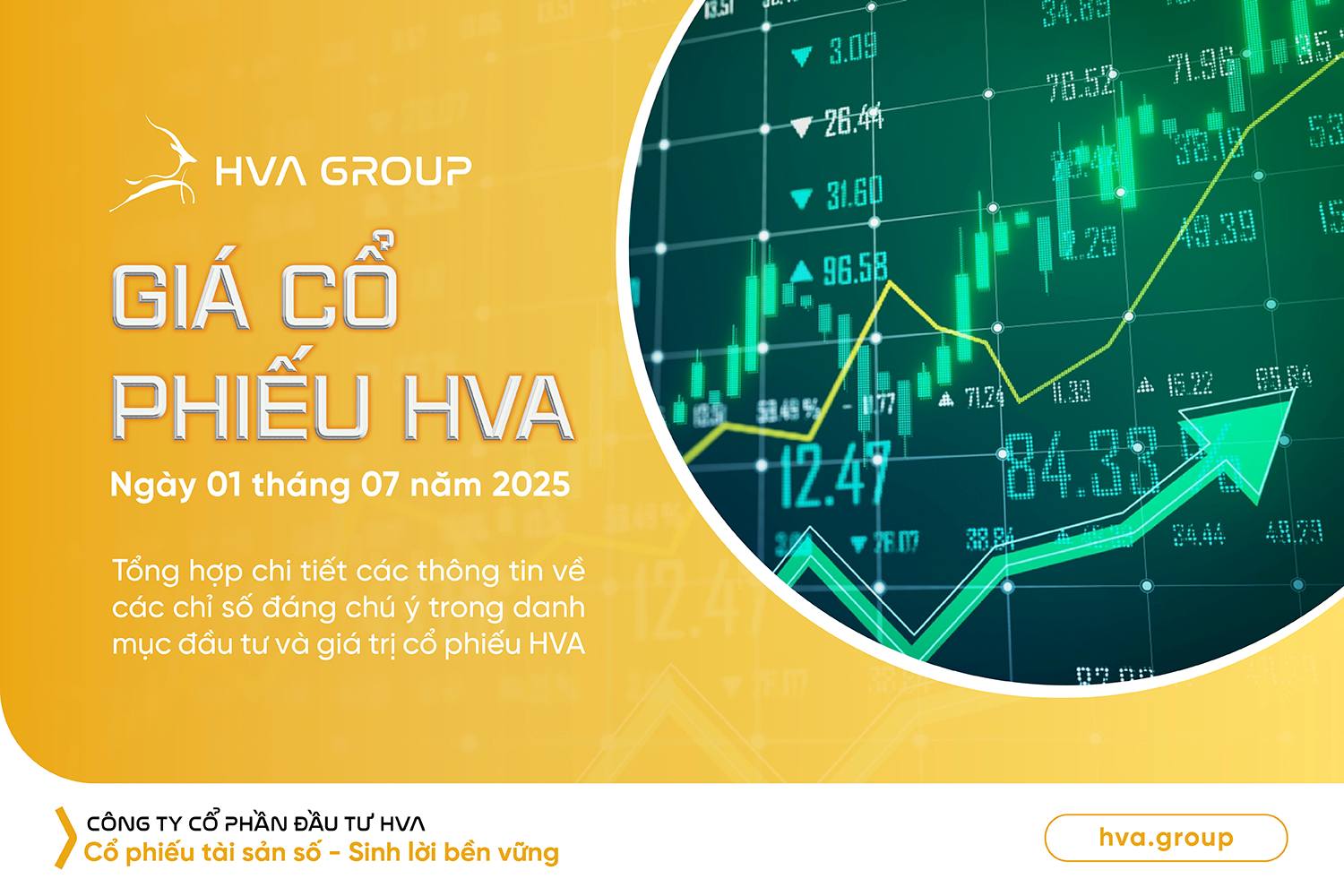
Vietnam Securities plays an important role as a measure of the strength of the economy, reflecting the development and influencing the overall economic activities of the country. The fluctuations of Vietnamese stocks not only reflect the economic situation but are also an important driving force for attracting investment and mobilizing capital, contributing positively to the development and balancing of the capital structure of the Vietnamese economy.
1. The role of Vietnamese securities in the economy
Securities and stock market can affect the economy and investors, creating highly liquid instruments, capable of concentrating capital distribution and shifting capital maturity to suit economic development requirements. Through the stock market, the government can mobilize financial resources without having to bear inflationary pressure, especially when investment capital from the state sector is limited.
For Vietnam, the stock market has supported the equitization of state-owned enterprises and, together with the banking credit system, created a more efficient and balanced capital market structure, while supporting the comprehensive development of the economy. Over the past time, Vietnam Securities has been playing an important role in the financial system. This is increasingly expressed specifically through the following aspects:
– Firstly, increase accumulation, concentrate medium and long-term capital for the economy, reduce pressure on the banking system. This is clearly shown through the amount of capital mobilized in the primary market, the market capitalization scale and the amount of capital mobilized through foreign indirect investment. In 2023, the market capitalization will reach VND 5,754 trillion, an increase of 10.11% compared to the end of 2022, equivalent to 60.51% of GDP. The scale of listing and registration for trading as of the end of November 2023 is VND 2,092 trillion, an increase of 5.51% compared to the end of 2022, with 742 listed stocks and fund certificates and 859 stocks registered for trading on UPCOM.
– Second, the performance of listed companies has improved. The number of listed companies on the market has increased, along with the significant improvement in business performance. From the beginning, the number of listed companies on the Vietnamese stock market has increased, currently reaching more than 1,700 companies on all three exchanges: HOSE, HNX, UPCOM. On the HOSE exchange alone, the number of listed companies has reached 409, equivalent to more than 141 billion shares in circulation. The disclosure of information and sending of regular business performance reports have also contributed to improving transparency and fair competition among companies in the industry.

– Third, reducing the cost of capital for the economy. This is partly reflected in the increase in the price index and the increase in total capitalization in the market. Analysis of the stock market in recent times shows that the cost of capital of enterprises tends to decrease and the amount of additional capital mobilized in the market has shown that investment opportunities for enterprises have increased. There were times such as the end of 2006 and the first half of 2007 when high stock prices reduced the cost of capital of enterprises and increased investment opportunities. Many enterprises took advantage of this opportunity, increasing the mobilization of equity capital through the issuance of additional shares, increasing the ability to self-finance - the proportion of equity capital in the total capital of the enterprise. These enterprises have lower risks and are less adversely affected by the financial market in the period of 2008 - 2009, when the financial market encountered difficulties. Recently, the amount of capital reinvested from profits of listed enterprises has also been quite large, clearly demonstrating the role of the stock market in accumulating and concentrating capital for economic development.
– Fourth, it helps to distribute capital more effectively. The emergence and development of the stock market helps to increase the efficiency of the financial market. This has been explained in the Efficient Market Hypothesis. The stock market is more perfect than the banking system in accumulating, concentrating, and distributing capital for the economy due to the following factors: Information on the stock market is more perfect thanks to the information disclosure mechanism; increasing the level of effective competition thanks to the increase in the number of investors participating in the market and no barriers to investors participating in the market; reducing state intervention in price determination on the stock market. The capital distribution mechanism on the stock market is based on the price determination mechanism on the market and the mechanism of enterprise acquisition and merger, thereby, stock prices will reflect available information on the market and ensure effective capital distribution. The stock market also creates opportunities for many people to contribute capital, reducing the level of ownership concentration, thereby contributing to increasing the level of democratization of the economy.
– Fifth, increase new tools for the financial market. The emergence and development of the stock market has created many new services for the financial market and financial intermediaries. In addition to the services provided by securities companies, other financial intermediaries also benefit from this playground when they have the opportunity to mobilize capital and provide services related to securities and the stock market. The income structure of commercial banks, insurance companies and other financial intermediaries is the clearest evidence for this statement.
– Sixth, creating pressure for administrative reform. The stock market also contributes to changing the attitude of state management agencies, ministries, and public service organizations towards businesses and investors. Improved democratization of the economy and the administrative reform process are helping previously bureaucratic management agencies gradually shift towards public service units.
2. Development process of Vietnamese securities
On July 20, 2000, Ho Chi Minh City Stock Exchange officially opened and held its first trading session on July 28, 2000, marking The birth of Vietnamese securitiesOn the first trading day, there were only 2 stocks, REE (Refrigeration Electrical Engineering Corporation) and SAM (Cable and Telecommunication Materials Corporation), with a total listed stock value of 270 billion VND and the participation of 6 member securities companies (SSI, FSC, BVSC, ACBS, TLS, BSC).
After 6 years of peaceful operation, in 2006 Vietnam joined the WTO, opening a journey of deep integration into the global economy. The stock market witnessed an explosion in the period 2006-2007 when VN-Index reached 1,170 points on March 12, 2007.
On May 1, 2006, Vietnam Securities Depository (VSD, full English name is Vietnam Securities Depository) was established to become the place where securities of all public companies in the market are registered. VSD Center is considered a specific legal entity, operating under the model of a limited liability company. Trading activities in the stock market are often related to the Vietnam Securities Depository Center, more or less. Any decision related to the establishment, dissolution or transformation of the organizational structure of the center must be proposed by the Minister of Finance to the Prime Minister at that time for decision.
In 2008, the Vietnamese stock market experienced many fluctuations when Vietnam stock index VN-Index decreased by 65.73% compared to the beginning of the year, to 315.62 points. This period is not only a challenge but also a valuable lesson for the development of the market.
In 2010, Vietnam's securities market exploded, with the number of newly opened securities companies increasing rapidly, from the initial 6 companies to 105 companies. The stock market witnessed the strength of securities companies, with some reaching capital of thousands of billions of VND, equivalent to the size of many medium-sized banks.
In 2023, the Vietnamese stock market, after 23 years of development, is facing many challenges from fluctuations in the international stock market. In the first half of the year, the market faced difficulties with a sharp decrease in liquidity due to the decline in growth of major economies, inflation and tight monetary policies. However, in the third quarter of 2023, the VN-Index made a strong breakthrough, reaching its highest level since the beginning of the year, with 1,245.44 points on September 12, 2023, an increase of 24% compared to the end of 2022. By November 30, the VN-Index reached 1,094.13 points, an increase of 8.6% compared to the end of 2022, and the HNX-Index closed at 226.15 points, an increase of 10.2% compared to the end of 2022. Market capitalization reached VND 5,754 trillion, an increase of 10.1%, equivalent to 60.5% of GDP. The scale of listing and trading registration as of the end of November 2023 was VND 2,092 trillion, an increase of VND 5.51 trillion compared to the end of 2022, with 742 listed stocks and fund certificates and 859 stocks registered for trading on UPCOM. The total number of securities accounts increased by 355,672 accounts compared to the end of 2022, bringing the total number of securities accounts to more than 7.25 million, equivalent to 7.31 trillion of the population, exceeding the target of 51 trillion of the population set by the Government.

Vietnam stock index in the last days of 2023
3. Important indicators in Vietnamese stocks
In Vietnam Securities, there are several important indicators that help assess the health and performance of the market. Here are some of the key indicators:
– Market Capitalization:
- Concept: The value of all shares of companies listed on the stock market, calculated by multiplying the stock price of each company by the number of outstanding shares.
- Meaning: Market capitalization is often used to measure the overall size and value of the stock market. It can be an indicator of market prosperity or decline.
– VN-Index:
- Concept: Is the basic stock market index of the Ho Chi Minh City Stock Exchange (HOSE). It measures the performance of a group of large and important companies in the market. VN-Index helps investors to price and compare the growth of the VN-Index market index with other countries in the region. With the P/E index compiled by TVSI in May 2021, combined with the context of good epidemic control, we see that the P/E index is undervalued compared to the region, with a P/E = 13.8. The Vietnamese stock market is still attractive at the present time.
- Meaning: VN-Index is often used to assess the overall trend of the Vietnamese stock market and help investors make investment decisions. An increasing VN-Index can symbolize positive growth in the market.
– HOSE Index:
- Concept: An index measuring the performance of companies listed on the Ho Chi Minh City Stock Exchange (HOSE). This index mainly focuses on large-cap companies.
- Meaning: The HOSE index provides a more detailed look at the performance of the largest and most important companies on the Ho Chi Minh City Stock Exchange.
– HNX-Index:
- Concept: Calculated based on the performance of companies listed on the Hanoi Stock Exchange (HNX). This index mainly focuses on small and mid-cap companies.
- Meaning: HNX-Index is often used to evaluate the performance of small-sized companies and assess trends in different market segments.
The above indexes all play an important role in helping investors and market observers assess the situation and developments of the Vietnamese stock market.

4. Types of transactions in Vietnamese securities
In Vietnam Securities, there are many different types of transactions that investors can make. Here are some common types of transactions and how they work:
- Buying and Selling Stocks: Investors can buy shares of listed companies through the stock exchange. Buying and selling stocks is done by placing buy or sell orders on exchanges such as the Ho Chi Minh City Stock Exchange (HOSE) and the Hanoi Stock Exchange (HNX).
- Exchange Traded Funds (ETFs): Investors can buy and sell shares of exchange-traded funds (ETFs) on the market. ETFs typically track a certain stock index and are traded like regular stocks.
- Futures Trading: Investors can trade futures and options contracts based on stock prices or stock indices. These are forms of derivative trading that can offer high profit opportunities, but also come with high risks.
- Margin trading, also known as leveraged trading or margin trading, is a trading method in which investors buy and sell assets using capital not only their own but also borrowed from an exchange or broker. This method increases the potential for profit, but also increases the risk of loss.
- Short selling: is the act of selling stocks that the seller does not own at the time of the transaction. When short selling, the investor borrows securities from a broker's account and sells them in the event that the stock price is expected to decrease, then buys them back at a lower price in the future to make a profit. In Vietnam, the State Securities Commission has not yet allowed short selling to be applied in the underlying stock market. Investors can short sell on the derivatives market based on the two-way trading method of this market. At that time, investors can sell securities (VN30 index futures contracts) even though they do not own the underlying stock, as long as the investor has enough margin.
Types of securities transactions This is usually done through a stock brokerage firm. Investors need to open a stock trading account and can use social media, trading software, or mobile phones to make the above transactions. This process often requires investors to consider carefully, grasp information, and understand the risks before deciding to trade.
5. Rights and obligations of Vietnamese securities investors
According to the 2013 Constitution, “everyone has the right to freely conduct business in sectors not prohibited by law,” a principle that respects investors’ freedom of business. The 2019 Securities Law: “The State has policies to encourage and create favorable conditions for domestic and foreign organizations and individuals to participate in investment and activities in the securities market in order to mobilize medium-term and long-term capital sources for development investment.” Securities law provides specific policies and regulations to protect investors’ rights to participate in securities market transactions. And Clause 1, Article 5 of the 2019 Securities Law: “Respect ownership rights and other rights to assets in securities and securities market activities; the right to freely transact, invest, do business and provide securities services of organizations and individuals.”

Rights of securities investors:
- Ownership and Protection of Assets: Investors have the right to own and protect investment assets according to the general provisions of civil law. Protection of ownership and other rights to assets is a basic principle, no one may illegally restrict or deprive them.
- Right to Access to Information: Investors have the right to access fair, complete, accurate and transparent information from issuers. This provision ensures that investors have sufficient information to make informed and accurate investment decisions.
Obligations of securities investors:
- Compliance with Laws: Investors must fully comply with the conditions and provisions of the law, ensuring that their investment activities take place in accordance with the rules and regulations of the Securities Law and other relevant documents.
- Legal Transactions: Investors are obliged to conduct transactions legally and must deposit securities through a securities depository, which helps protect their rights and ensures market transparency.
- Compliance with the Regulations of the Issuer: Investors must comply with the regulations of the stock issuer, ensuring that activities in the stock market take place in a stable and sustainable manner.
These principles and regulations help build a fair, transparent, and favorable securities investment environment for both investors and businesses, contributing to the market. Vietnam Securities sustainable and positive development.
Conclusion: Discovering the potential of investing in Vietnamese stocks
Through stages of development and challenges, Vietnam Securities has become an attractive potential market for investors. With the support of incentive policies and increasingly complete infrastructure, this is a special time to explore and build your smart investment strategy.
The diversity of the securities portfolio and the flexible market structure provide the basis for innovative investment decisions. The restructuring and upgrading of the trading system facilitate the application of diverse strategies, from short-term trading to long-term investment.
Being informed and understanding economic resources and potential businesses is the key to a successful strategy. At the same time, taking advantage of modern financial tools and services, investors can manage risks and optimize profits.
In context Vietnam stock market upgrade trend promises to be an ideal destination for those who are looking for promising investment opportunities. Rely on your knowledge, research thoroughly, and build your strategy to discuss deeply into the challenging and opportunistic world of the Vietnamese stock market.
Source: Onstocks








